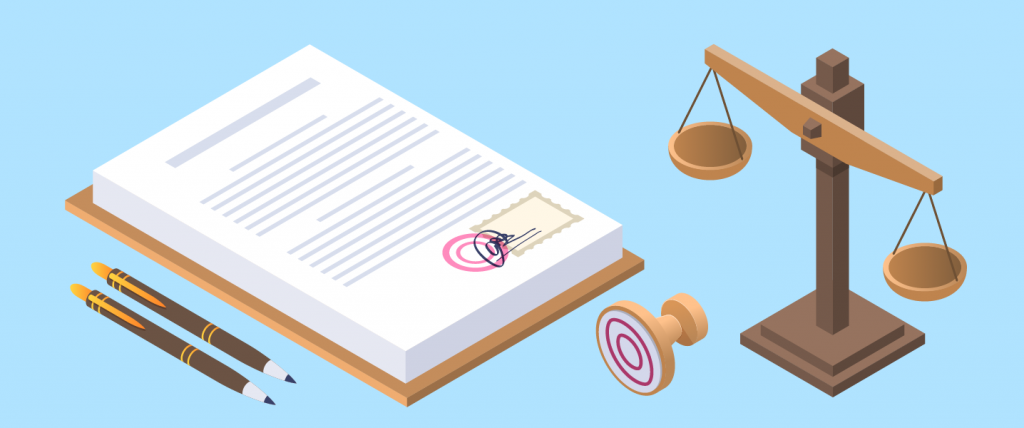Insights
SC clarifies import of “when the right to sue accrues” in article 113 of limitation Act, 1963
June 5, 2020Shakti Bhog Food Industries Ltd. vs. Central Bank of India[1] (decided on 5 June 2020)
A three-judge bench of the Supreme Court has held on the import of Article 113 of the Limitation Act 1963. Article 113 provides that for any suit for which no period of limitation is provided, the limitation period will be three years from when the right to sue accrues. The Court held that what is required to be noted is “when the right to sue accrues” and not when the right to sue “first” accrues. The Apex Court explained that while deciding an application under Order VII Rule 11 of the CPC for rejection of the plaint on the ground of being barred by limitation, a few lines or a passage from the plaint should not be read in isolation to determine the cause of action or the accrual of the right to sue, rather, the pleadings ought to be read as a whole to ascertain its true import. The cause of action for filing a suit consists of a bundle of facts. The factum of a suit being barred by limitation, ordinarily, would be a mixed question of fact and law. Therefore, Order VII Rule 11 of the CPC cannot be invoked in such cases. The Court took into consideration an exchange of letters between the parties between May 2002 and December 2003 that could be invoked as a cause of action even though the right to sue had first accrued in October 2000 when illegal recoveries made by the Bank were first noticed by the appellant.

The Court clarified that the expression used in Article 113 of the Limitation Act, 1963 is “when the right to sue accrues”, which is markedly distinct from the expression used in other Articles in the First Division of the Schedule dealing with suits, which unambiguously refer to the happening of a specified event or specifically refers to when the right to sue first accrues[2]. Whereas Article 113 being a residuary clause does not specify happening of particular event as such, but merely refers to the accrual of cause of action on the basis of which the right to sue would accrue.
The Apex Court quashed and set aside the orders of the trial court, first appellate court and High Court all of whom had failed to advert to and analyse the averments in the plaint, but selectively took notice of the assertion in the plaint that the appellant became aware about the discrepancies in July 2000 and then proceeded to reject the plaint under Order VII Rule 11(d) of the CPC, being barred by law of limitation having been filed in February, 2005. It allowed the appeal and held that the plaint filed by the appellant in February 2005 was well within limitation. It thus restored the plaint to the file of the trial court for being proceeded in accordance with law.
Footnote
[1] Civil Appeal Nos. 2514 & 2515 of 2020; coram: A.M. Khanwilkar J., Indira Banerjee J. and Dinesh Maheshwari J.
[2] Such as Article 58 (when the right to sue “first” accrues), Article 59 (when the facts entitling the plaintiff to have the instrument or decree cancelled or set aside or the contract rescinded “first” become known to him) and Article 104 (when the plaintiff is “first” refused the enjoyment of the right).
